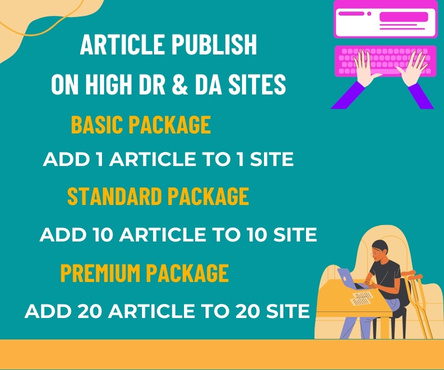The importance of ensuring our planet’s economic and environmental sustainability seems to be increasing daily. When you realise that oil is running out and that our forests are being cleared three times faster than they can regenerate, it shouldn’t come as a surprise. What on earth will supply our fuels and energy in the future, we wonder in light of this? Kanepiõli
Demand for energy and minerals will always rise as the population grows. A increasing population has resulted in significant supply issues for many goods, including wood, cotton, and synthetics. Petroleum and gasoline are becoming more expensive and running out more fast every day.
There is an apparent demand for alternate, sustainable sources of energy and materials. The consumption rates we are now contributing to are unsustainable and unhealthy for the world as well as for ourselves, according to current trends.
One such option is industrial hemp. Here’s a closer look at how industrial hemp will forever alter the way that the economy and environment are perceived:
Fiber and paper
A crop of hemp the same size will provide four times as much raw fibre for production as the typical tree plantation.
Between three and four months are needed for a hemp crop to mature and be grown. Up to 20 years may pass before a tree plantation is ready for cultivation.
Paper made from trees can only be recycled up to four times. Up to seven different uses can be made using hemp paper.
Hemp paper is organic and free of synthetic chemicals. Compared to standard tree paper, it is 20,000 less.
Hemp plants are hardy. They outgrow weeds so they don’t need dangerous pesticides to keep them at bay.
Fuel
One acre, or ten tonnes, of hemp cultivation can provide the same amount of methanol, one of the main sources of car fuel, as 1,000 gallons.
Our cars are currently powered by a mixture of ordinary petroleum and 10% ethanol, a natural fuel derived from plants. However, certain vehicles can currently run on gasoline that is 85% ethanol, which is also a common ingredient in rocket fuel.
Diesel fuel actually has a far lower impact on the environment than standard petroleum and gasoline. Both ethanol and methanol are readily available from natural sources, are eco-friendly and renewable, and will soon be used as biodiesel fuels.
Hemp and diesel can be blended to produce a more sustainable and environmentally sound fuel source. However, hemp can also be used by itself to make fuel.
Emissions of carbon
Only 20% of the toxic carbon dioxide from conventional fuel and nearly no sulphur dioxide are released into the atmosphere when hemp is used as a biodiesel fuel.
Therefore, the effect of emissions from hemp fuel on carbon emissions and climate change will be negligible.
The use of hemp fuel has no negative environmental effects.
Hemp is equally biodegradable to table sugar and contains 10 times the salt’s toxicity, making it safe.
What advantages Hemp will provide to our economy: Hemp was formerly regarded as the foundation of the US economy. Its use in more than 30,000 consumer products, which makes it one of Australia’s most economically and environmentally viable resources, illustrates how its entrance into mainstream production might have a similar impact on the country’s economy. Increased investment in the hemp business has the potential to generate thousands of new jobs. Industrial hemp planting, cultivation, and processing jobs could counteract recent cutbacks at businesses like Blue Scope Steel.
Hemp can be effectively used to create flour, oils, and other culinary products. Therefore, the jobs created in the food business would be comparable to those created in the Industrial labour due to its nutritious worth and diversity.
Finally, increasing the amount of biodiesel fuel made from hemp would boost the local economy and reduce Australia’s heavy reliance on imports of fuel.
The leading organisation in Australia promoting hemp’s potential in this nation and around the world is called EcoFibre. Along with numerous other businesses, such as Hemcore in the UK, EcoFibre emphasises the financial and environmental advantages that hemp can offer while working to spread knowledge and dispel false beliefs. Visit their website for additional information.
ForeverGreen is working with EcoFibre to promote hemp’s advantages around the world. With its headquarters in Utah, ForeverGreen has been working towards “global wellbeing” for more than seven years. Their hemp advocacy group, known as “Versativa,” works assiduously to educate people about hemp’s advantages for their health and diet. In promoting these ideas of wellbeing and how hemp may aid, ForeverGreen is at the fore.

